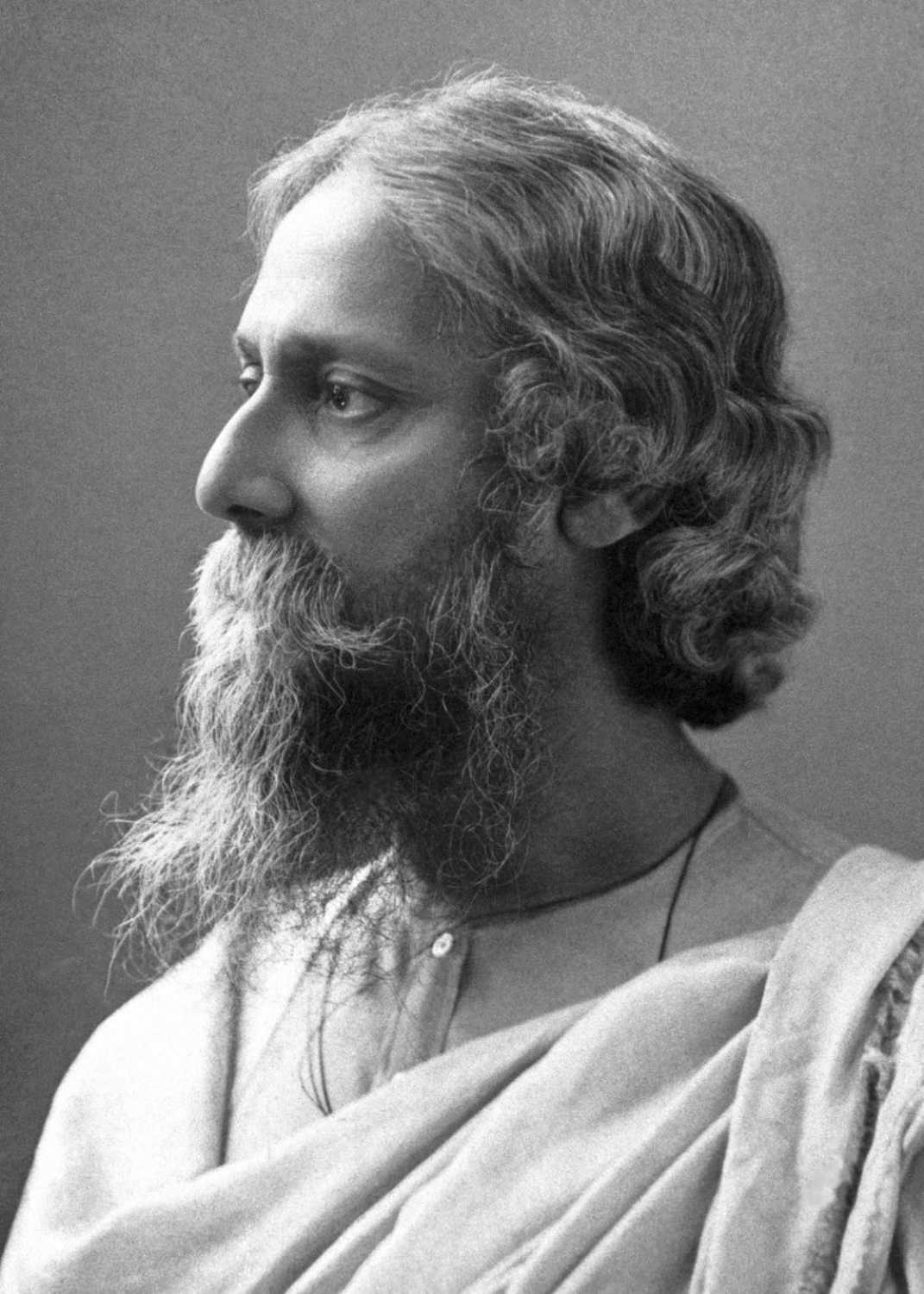Rabíndranáth Thákur najznámejšie citáty
Rabíndranáth Thákur Citáty o pravde
Rabíndranáth Thákur Citáty o živote
Prisudzované výroky
Zdroj: EXLEY, HELEN: Večné hodnoty. Bratislava: Slovart, 2005. ISBN 80-8085-025-9
Rabíndranáth Thákur citáty a výroky
„Nemám dieťa rád preto, že je poslušné, ale preto, že je to moje dieťa.“
Prisudzované výroky
Zdroj: [KOTRMANOVÁ, Milada.: Perly ducha. Ostrava: Knižní expres, 1996 ISBN 80-902272-1-X]
„Čím je žena cnostnejšia, tým horšie sa s ňou zaobchádza.“
Prisudzované výroky
„Dokážem milovať Boha preto, že mi dáva slobodu ho poprieť.“
Prisudzované výroky
Prisudzované výroky
Zdroj: [KOTRMANOVÁ, Milada.: Perly ducha. Ostrava: Knižní expres, 1996 ISBN 80-902272-1-X]
„Ponechajme mŕtvym nesmrteľnosť slávy, ale živým dajme nesmrteľnosť lásky.“
Prisudzované výroky
Zdroj: [245]
Rabíndranáth Thákur: Citáty v angličtine
“The fountain of death makes the still water of life play.”
225
Stray Birds (1916)
28
Gitanjali http://www.spiritualbee.com/gitanjali-poems-of-tagore/ (1912)
"Talks in China",1924. Reprinted in Rabindranath Tagore and Mohit K. Ray, Essays (2007, p. 735).
31
Gitanjali http://www.spiritualbee.com/gitanjali-poems-of-tagore/ (1912)
“The wise man warns me that life is but a dewdrop on the lotus leaf.”
46
The Gardener http://www.spiritualbee.com/love-poems-by-tagore/ (1915)
“He who wants to do good knocks at the gate; he who loves finds the gate open.”
88
Stray Birds (1916)
Glimpses of Bengal http://www.spiritualbee.com/tagore-book-of-letters/ (1921)
“The truth comes as conqueror only because we have lost the art of receiving it as guest.”
The Fourfold Way of India (1924); this has become paraphrased as "Truth comes as conqueror only to those who have lost the art of receiving it as friend."
"Nationalism in the West", 1917. Reprinted in Rabindranath Tagore and Mohit K. Ray, Essays (2007, p. 465). Also cited in Parmanand Parashar, Nationalism: Its Theory and Principles in India (1996, p. 212), and Himani Bannerji, Demography and Democracy: Essays on Nationalism, Gender and Ideology. (2011, p.179).
"Nationalism in the West", 1917. Reprinted in Rabindranath Tagore and Mohit K. Ray, Essays (2007, p. 492).
Sādhanā : The Realisation of Life http://www.spiritualbee.com/spiritual-book-by-tagore/ (1916)
Glimpses of Bengal http://www.spiritualbee.com/tagore-book-of-letters/ (1921)
Glimpses of Bengal http://www.spiritualbee.com/tagore-book-of-letters/ (1921)
96
Gitanjali http://www.spiritualbee.com/gitanjali-poems-of-tagore/ (1912)
Rabindranath Tagore, Interview of Rabindranath Tagore in `Times of India', 18-4-1924 in the column, `Through Indian Eyes on the Post Khilafat Hindu Muslim Riots http://hindusamhati.blogspot.com/2013/05/thoughts-of-rabindranath-tagore-on.html Also in A. Ghosh: "Making of the Muslim Psyche" in Devendra Swamp (ed.), Politics of Conversion, New Delhi, 1986, p. 148. And in S.R. Goel, Muslim Separatism – Causes and Consequences (1987).
“When we rejoice in our fulness, then we can part with our fruits with joy.”
159
Stray Birds (1916)
Original works of Rabindranath Vol. 24 page 375, Vishwa Bharti; 1982.
“Ah me, why did they build my house by the road to the market town?”
4
The Gardener http://www.spiritualbee.com/love-poems-by-tagore/ (1915)
“We come nearest to the great when we are great in humility.”
57
Stray Birds (1916)
27
The Gardener http://www.spiritualbee.com/love-poems-by-tagore/ (1915)
“Time is the wealth of change, but the clock in its parody makes it mere change and no wealth.”
139
Stray Birds (1916)
Interview with Einstein (1930)
Glimpses of Bengal http://www.spiritualbee.com/tagore-book-of-letters/ (1921)
“Let the dead have the immortality of fame, but the living the immortality of love.”
280
Stray Birds (1916)
Glimpses of Bengal http://www.spiritualbee.com/tagore-book-of-letters/ (1921)
